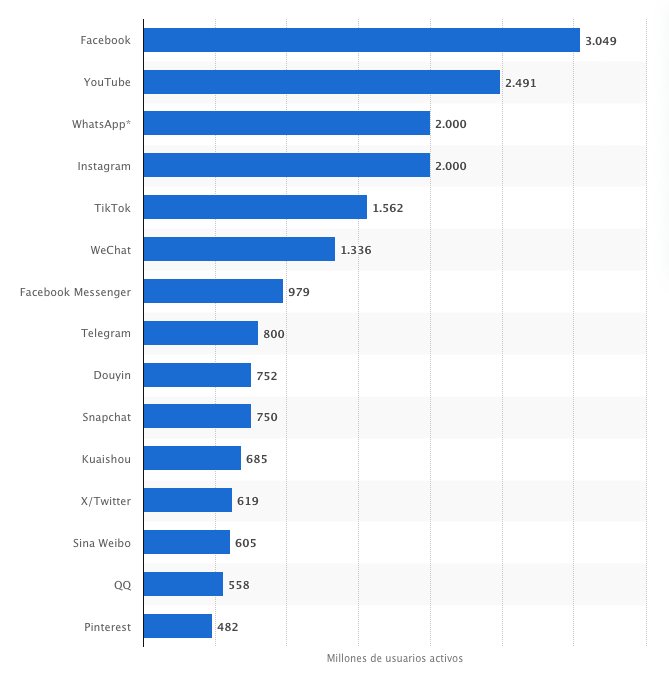What Makes the Web Special
Explore the fundamental aspects that make the World Wide Web unique and revolutionary. From its historical roots to its current impact on society, discover why the web continues to be a fertile ground for innovation and business creation.
Introduction
The World Wide Web is a fundamental medium for human communication.
With each passing day, our lives are more connected through this medium.
What makes it special?
Why is the Web important?
In this article, we will explore why the web is and will continue to be a revolution and a fertile ground for work and business creation.
A Network of Communication and Information
Today, we feel that connectivity is ubiquitous, and although it's increasingly true, the internet is a revolution that builds upon the knowledge of previous ideas.
Data transmission networks, real-time communication signals, and message encoding are concepts that appear in predecessors like the telegraph and radio.
The first description of the internet dates back to 1962, in a series of memos by an MIT professor mentioning a Galactic Network.
In this network, people could quickly access data from anywhere, through a set of connected computers.
What makes the internet different from its technological ancestors is that, instead of arbitrarily designing a communication network, there would be multiple autonomous networks connected.
This network of networks is materialized through an automated system that encodes, protects, and transports information across borders.
This system also allows linking information through what we call hypertext, creating not just a communication network, but a knowledge network.
A Network of Interaction
Around the year 2000, widespread internet access converged with personal computers. In this context, platforms like MySpace, Facebook, Blogger, YouTube emerged and gained popularity.
This is how the web began to transition, because all these platforms have something in common; these sites not only allowed access to information but also to generate it and be part of a community.
For this reason, the term Web 2.0 was coined, encompassing the internet paradigm where the user is both a consumer and creator of content.
This idea has been so revolutionary that today it seems normal to us. People create content on the internet and use social networks daily.

The web has become such an important interaction technology that more and more businesses depend on it to operate and interact with their customers.
An Evolving Ecosystem
The internet does not remain static even today. The web is in constant development and evolution.
The IETF brings together the efforts of companies and professionals to create security specifications and improvements to existing protocols and even new communication protocols.
The W3C, for its part, works on hypertext standards, and ECMA on the specification of what we call Javascript.
This is how the underlying technology we call the internet becomes more secure and accessible every day.
If that weren't enough, the web seems to be adding new paradigms.
On one hand, the Internet of Things (IoT) is becoming increasingly relevant, resulting in more connected devices to the internet than human beings.
This is changing entire industries: from home automation to product manufacturing.
On the other hand, initiatives like Ethereum and Solana seek to create a secure and decentralized computing and economic network, where users have control over their data and digital assets.
Lastly, the vast amount of human content that exists due to the internet has allowed the creation of artificial intelligence models, which have enabled content personalization and an emerging category of virtual assistant services.
Conclusions
Technology is definitely difficult to predict.
But we can be sure that the internet and the web will be here, at least, for decades.
There is increasingly more human infrastructure connected and functioning through web applications. The set of technologies and use cases continues to evolve and be discovered.
For technologists and entrepreneurs, it remains the place to create the next generation of services that empower users across the entire planet.
Recommended Readings
- Stories of the Telegraph. Sebastián Olivé.
- A Short History of the Internet. Internet Society.
Comments
(0)Loading comments...